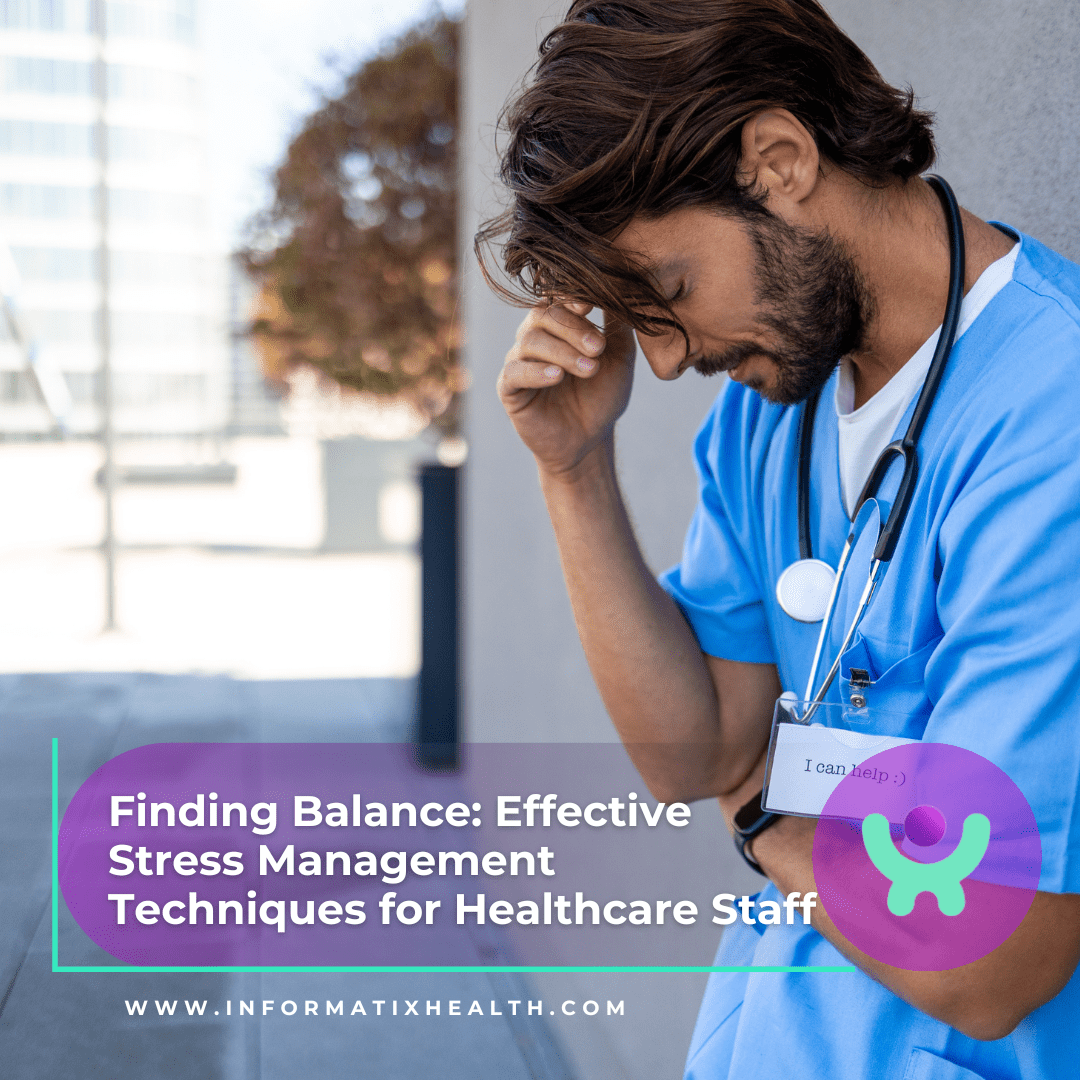Working in the healthcare field can be incredibly rewarding, but it also comes with its fair share of challenges and stressors. From long hours to emotional intensity, healthcare professionals often find themselves navigating high-pressure environments that can take a toll on their mental and physical well-being. Let’s explore some effective stress management techniques that healthcare staff can incorporate into their daily lives to promote resilience and maintain balance.
Mindfulness and Meditation: Practicing mindfulness and meditation can help healthcare professionals cultivate a sense of calm and presence amidst the chaos of their work environment. Taking just a few minutes each day to focus on the breath or engage in guided meditation can significantly reduce stress levels and promote mental clarity.
Regular Exercise: Physical activity is not only beneficial for overall health but also serves as a powerful stress reliever. Healthcare staff can incorporate regular exercise into their routines, whether it’s a brisk walk during a break, a yoga session before or after work, or a gym workout on days off. Exercise releases endorphins, which are natural mood lifters, helping to combat stress and improve overall well-being.
Establishing Boundaries: Setting clear boundaries between work and personal life is essential for preventing burnout and maintaining balance. Healthcare professionals should strive to disconnect from work-related responsibilities during their downtime, whether it’s turning off email notifications, setting specific work hours, or engaging in activities that bring joy and relaxation.
Seeking Social Support: Building a strong support network of colleagues, friends, and family members can provide invaluable emotional support during challenging times. Healthcare staff should feel encouraged to lean on trusted individuals for guidance, empathy, and encouragement when needed.
Practicing Self-Compassion: In the face of demanding and emotionally taxing work, it’s crucial for healthcare professionals to practice self-compassion and self-care. This means acknowledging their own limitations, being kind to themselves in moments of difficulty, and prioritizing activities that nourish their physical, emotional, and spiritual well-being.
Utilizing Stress Reduction Techniques: In addition to mindfulness and meditation, healthcare staff can explore other stress reduction techniques such as deep breathing exercises, progressive muscle relaxation, or aromatherapy. These simple yet effective practices can help induce a state of relaxation and alleviate tension in both the mind and body.
Effective stress management is essential for healthcare staff to thrive in their roles and maintain their overall well-being. Remember, prioritizing self-care is not selfish—it’s essential for providing the best possible care to others.


